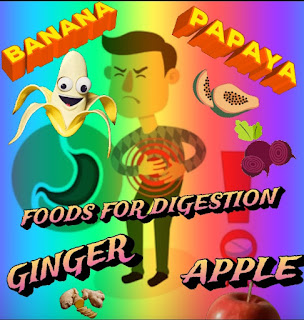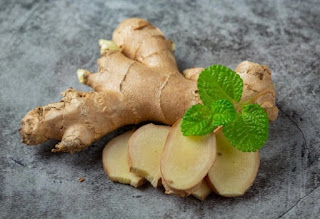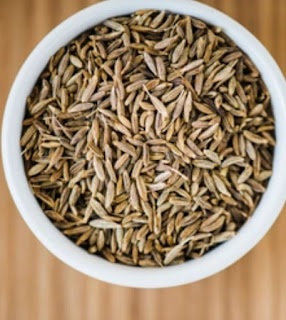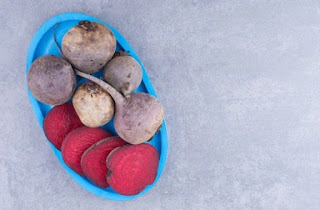Poor digestion can cause embarrassment in public places, and a persistent gut condition can also put your health at risk. A healthy digestive system, on the other hand, promotes immunity, makes you proactive, improves skin health, uplifts mood, and improves nutrition absorption, so you won't have to worry about your digestion issues any longer.
Keep illness at bay by eating meals that aid digestion and avoiding foods that may worsen digestive problems. Pay close attention to what foods work for you and what foods don't, and here's what you should know.
1.Papaya:
Papayas are high in the antimicrobial enzymes chymopapine and papain, which improve digestion by breaking down food. Additionally, papayas are high in vitamins a, b, and c, which help to flush out toxins, according to Austrian experts.
In a study of people with digestive issues, one group was given papaya extract and the other was given placebos. The group that received the papaya extract exhibited a significant reduction in their symptoms.
Have papaya after one hour of eating lunch to relieve bloating, constipation, and heartburn. You may also have papaya smoothie in the morning or add papaya to your fruit bowl.
2.Banana:
Bananas are high in fibre, with a medium banana containing roughly 3 gm fibre and pectin, which aids carbohydrate digestion and improves bowel movement. Bananas are also low GI foods, helping to keep blood sugar levels stable.
Add one banana to your daily routine, either in your breakfast cereal, smoothie, or pancakes. You may also have a banana with frozen yoghurt or vanilla ice cream for dessert.
3.Ginger:
Ginger root is often used in dishes, but it also offers numerous health advantages. For hundreds of years, ginger has been used as a herbal medication to cure colds, coughs, nausea, and poor digestion.
A group of experts from Taiwan proved that ginger speeds up stomach emptying and stimulates antral contractions you can swallow a tiny piece of ginger with a little salt in the morning or add ginger to your fruit juice or cooked food.
4.Cumin:
Cumin also has antioxidant, antibacterial, anti-diabetic, anti-cancer, and anti-epileptic qualities in humans. Thymol, a phytochemical found in cumin, stimulates hunger and relieves dysentery and diarrhoea.
Cumin's essential oils, salt, and magnesium aid to support normal digestion by stimulating the release of enzymes, acids, and bile. Fennel as a carminative is a formulation that helps reduce gas and prevents bloating, indigestion, flatulence, stomach ache, and other digestive problems.
5.Sweet potato:
Sweet potatoes are high in dietary fibre, which helps with bowel movement and nutritional absorption. They also stimulate the creation of cells in the stomach, which helps with digestive functions.
You can eat mashed baked or grilled sweet potato with olive oil, salt, and pepper to help your colon enzymes. You can also use sweet potato instead of potatoes in curries.
6.Apple:
Apples are high in vitamins, minerals, and dietary fibre, and they also have an antioxidant characteristic that helps prevent oxidative damage and inflammation in the digestive system. Apple pectin is also thought to encourage the growth of healthy bacteria.
Apples can be eaten as a snack with breakfast cereal, as smoothies, as juice, and so on, but if you have ibs or ibd ulcers, you should peel the apple and even cook it before eating it.
7.Avocado:
If you have stomach inflammation, avocado is an excellent food to eat since it helps to soothe the inflamed stomach and duodenal wall. Avocado also helps to change the microbes.
Avocado is present in the gut and so aids in the treatment of colitis, autointoxication, and biliousness. Eat avocado for breakfast, smoothies, and salads to help repair your gut and improve digestion.
8.Yogurt:
Yogurt is great for digestion because it contains healthy bacteria that aid in digestion. Several studies have shown that yoghurt consumption can help prevent diarrhoea and inflammatory bowel illness.
You can take a small bowl of yoghurt after lunch or dinner to assist digest the food, but if you are lactose sensitive, consider a yoghurt alternative made from almond or goat milk, or even coconut milk to enhance bowel movement and lessen the risk of colon cancer.
9.Beetroot:
This plum-red sweet vegetable contains anti-inflammatory and antioxidant characteristics that aid in the prevention of digestive system inflammation and the removal of toxins.
Beetroots also increase the formation of bile, which aids digestion and fat digestion. Toss beetroots into salads, stews, or bake beetroot chips.
10.Prunes:
Prunes are high in soluble and insoluble fibre, and they function as a laxative, stimulating peristaltic movement in the digestive tract and colon. Prunes also assist to reduce inflammation and enhance immunity.
These were the 10 meals to help your digestive difficulties in the morning before breakfast or after lunch.












Post a Comment